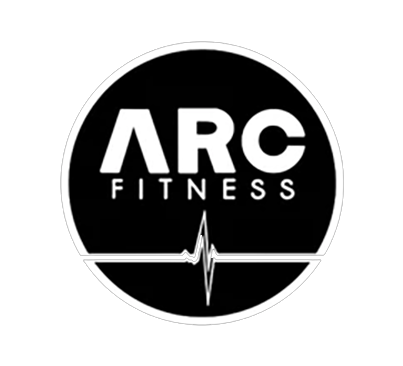No products in the basket.
Arc Fitness, Uncategorized
Burnout in Early Recovery
Burnout in Early Recovery
So, it’s 3-6 months after your last drink/drug. You have embraced the newness and excitement of recovery with both arms and feet. You have been attending meetings, various support groups, looking after your health, and training at ARC Fitness regularly (see what I did there?). You have also started to rebuild the relationships that were subsequently fractured during the hurricane of your drug / alcohol use. Things have been pretty busy.
Then out of the blue one day, you feel down, agitated and craving substances like mad again. Panic stations! Next you get hit with the enormity of your undertaking in recovery. You have be running at a million miles an hour, making up for lost time, training 7 days a week (guilty). You may get tired and even think you don’t want to work on it any more. (I gave up on numerous occasions in early recovery, hence the 2 years of frequent relapses). You can easily see why burnout happens in early recovery.
Recovery is like any other big project. You have to invest heavily in it, financially AND emotionally.
The road to recovery may have you struggling to keep your job or pay your bills because of appointments, meetings or aftercare. There also tend to be the consequences the actions and decisions you made during addiction (mine, for example consisted of £30,000 of debt and criminal convictions. Not super proud of that).
You NEED successful recovery to get back on your feet.
More importantly, though, the emotional investment you put into recovery is huge. Learning to overcoming feelings of guilt, same, anger and fear are not simple or straightforward. The rollercoaster ride of working on emotional issues some days and living through them on other days can wear you down. Emotional overload sets in and you can reach a point in your recovery where you do not think you can continue.
I believe that most addictions stem from an emotional pain or trauma somewhere in life. This trauma / pain is on a spectrum and affects us all in different ways. This pain can become pretty clear in recovery and usually comes out of hiding (mine took the form of anxiety, fear, poor self-esteem & anger). It’s an uncomfortable and unpleasant place to be, and you begin to understand why you consciously or unconsciously retreated into a haze of substance abuse.
Recovery FORCES you to address those hidden emotions in order to get past them.
Both of these situations can be signs of recovery burnout. However, I have learnt (mostly through making all of these mistakes myself) there are ways to prevent this burnout in early recovery:
1: Take your foot of the gas and slow down
Think about how many years it took to get into this situation?
It’s not going to get better overnight, however it DOES get easier with time. It is important to address your emotional issues, but not all at the one time. You’ll want to really recover from one before taking on the next. Having structure and routine is essential, however there is a big difference between ‘busy’ and ‘BUSY’. Always practice self-care and rest well, especially if exercise is a big piece of your recovery puzzle.
2: Stick with the process
You are not the first person to navigate the recovery minefield, and the most common advice you will get is ‘take one day at a time’ and remain ‘consistent in recovery’. This is because other people in long term recovery have learnt this through experience. Keep doing the things that keep you well, the repeat as many times as necessary. Recovery is possible when you ‘commit to’ and ‘stick with’ the process despite how you may feel at the time.
3: Celebrate the wins – no matter how small.
1 day. 1 week. 1 month. Whatever! Celebrate you milestones and successes, no matter how small. Recovery is a step-by-step learning process that helps reshape your life without substances. When you are struggling try and remember those feelings of pride and joy those wins brought you. The next win will feel even better.
4: Let go of the reigns
With addictive behaviour comes the desire to control. Control your feelings; your emotions or control access to a substance. It’s time for the recovery Oxymoron.
You have to relinquish control (Substance), in order to gain control (Recovery).
Confusing? Well, when you start feeling overwhelmed and full of uncomfortable emotions, think about letting go, stop suppressing them. Talk it out with someone you trust. Don’t attempt to control it because past experience would indicate that approach doesn’t and hasn’t worked for you.
Emotional overload can be caused by many things can lead to recovery burnout in early recovery. However, unlike myself at the beginning of my own journey, if you can anticipate this problem and consider the above, you can avoid burnout; prolong the recovery honeymoon and continue doing what needs to be done to ensure a lasting and full recovery.
Gaz
